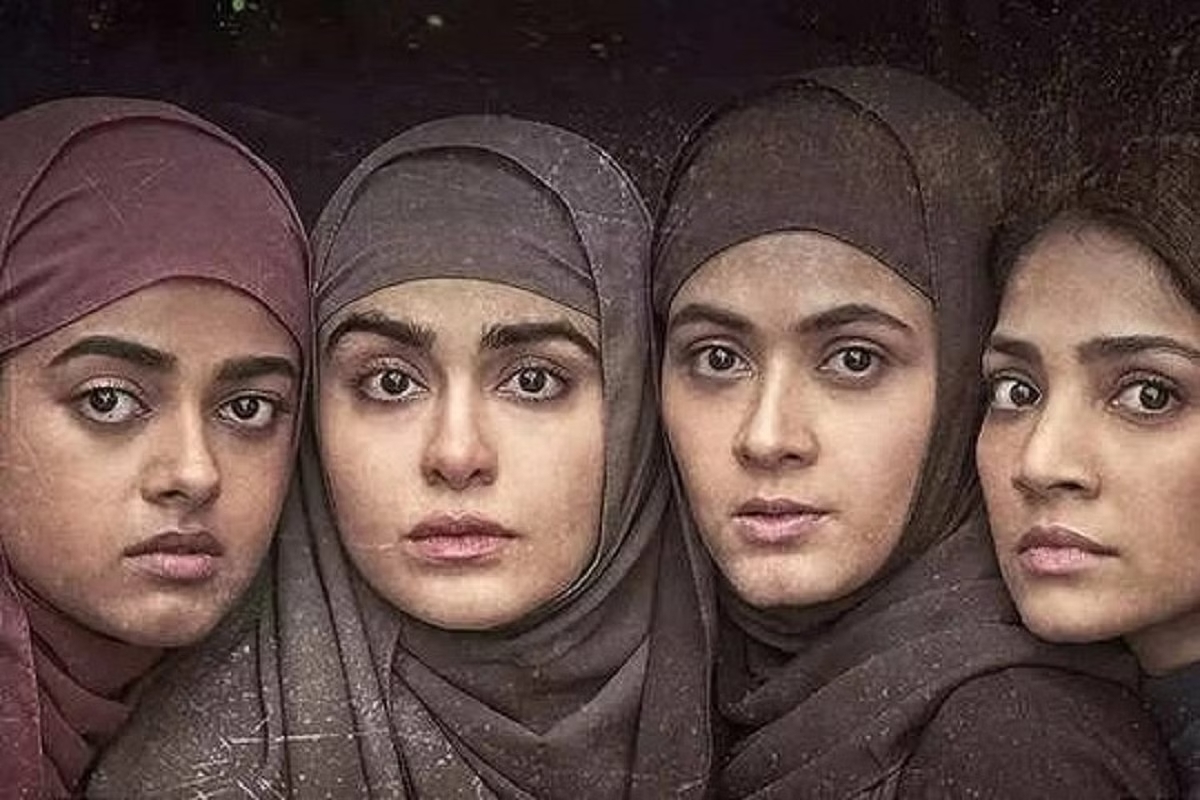The term ‘Islamophobia’ is increasingly being used to dismiss uncomfortable truths and discredit legitimate concerns. The recently released film “The Kerala Story” has brought back focus on Indian women from the state who travelled to Afghanistan to become ISIS cadres along with their husbands.
The film deals with the subject of women from the state being converted and trafficked to the Islamic State as slaves. In 2017, the NIA released photos of 21 ISIS cadres from Kerala, both men and women, who were from two districts in Kerala – Kasaragod and Palakkad. In 2019, four of these women were found in an Afghanistan jail.
The NIA investigation into these cases of missing girls revealed a diabolic nexus of love-jihad, radicalization, and conversions. Many of these targets were non-Muslim women, including Sonia Sebastian alias Ayisha, Merrin Jacob alias Mariyam Nimisha alias Fathima Isa Raffaela, who were Christian and at least one of them a Hindu. These women eloped with their husbands to Afghanistan in 2016, converted to Islam, and became ISIS recruits.The makers of The Kerala Story drew inspiration from the lives and traumas of real women, choosing to portray their stories on the big screen.
The issue of forced conversion in Kerala is not new, and there have been reports of non-Muslim women being groomed for conversion. The number of 32,000 girls missing from Kerala is yet to be verified, but it is essential to acknowledge the issue and address it instead of labeling the film as propaganda.
The grooming of non-Muslim women is not just an issue in India but is a global phenomenon. In the UK, several gangs of Muslim men have been convicted of sex trafficking of children, with the victims being predominantly non-Muslim white girls. Security experts also believe that ISIS had India in its sights as part of its “Khorasan Caliphate.” Therefore, it is essential to acknowledge the issue of forced conversion and take steps to address it.
However, the ban on “The Kerala Story” by some states in India is an attempt to brush the issue under the carpet, which may come back to haunt them in the future. Banning the film sends the wrong message and stifles debate on an issue that needs attention. It is essential to have a dialogue on the issue of forced conversion and take steps to address it. The government needs to ensure that the rights of all citizens are protected, and the law is enforced to prevent forced conversion.
In conclusion, brushing the issue of forced conversion under the carpet will not make it go away. The government must take steps to address the issue of forced conversion and ensure that the rights of all citizens are protected. The media must also play a responsible role in highlighting issues of social concern and initiating public debates.

















